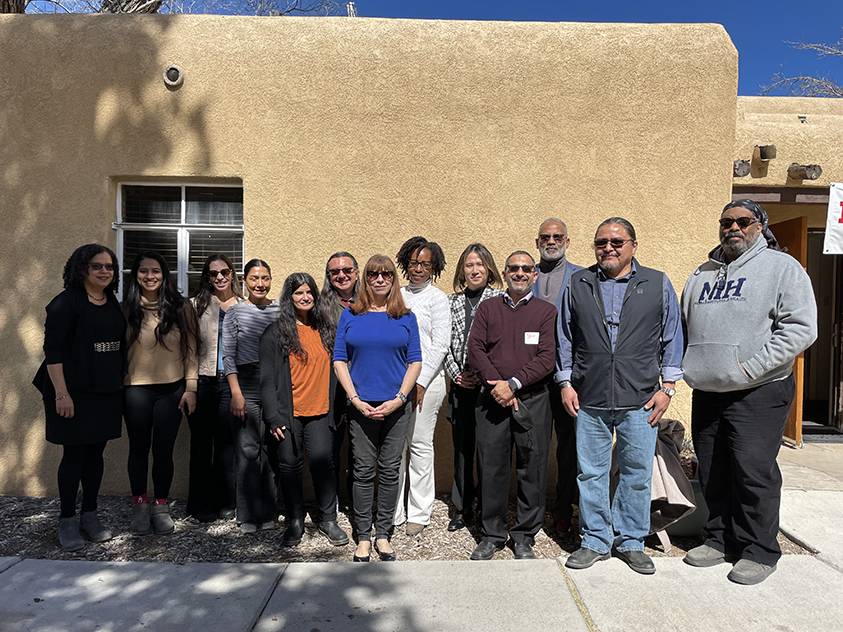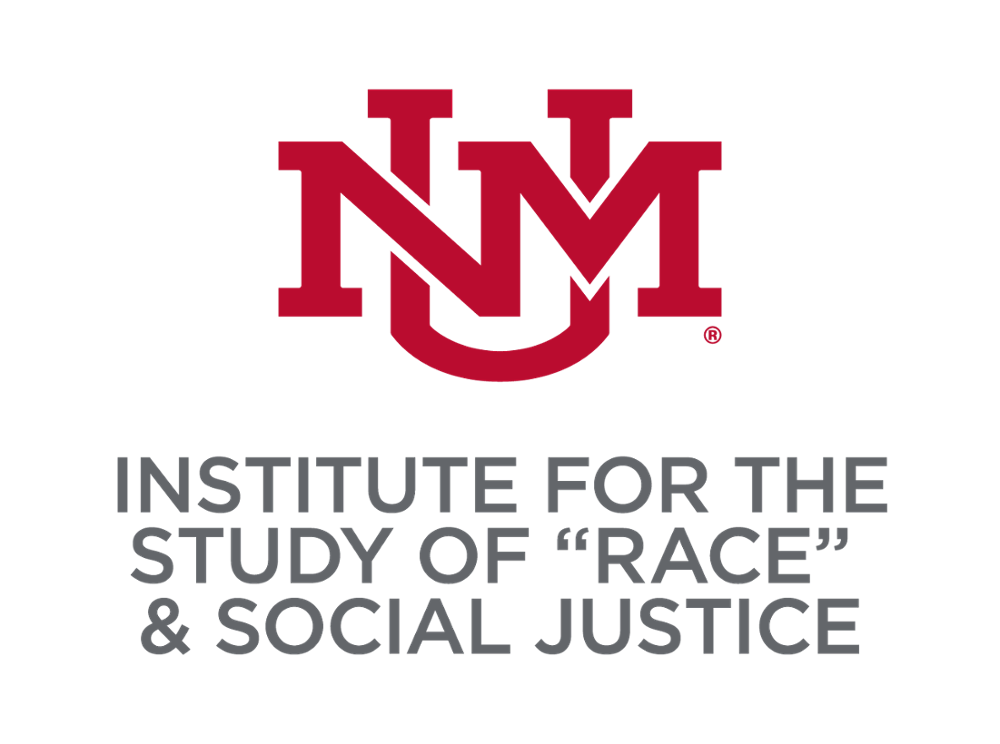New Mexico Statewide Race Gender Class Data Policy Consortium
News
December 16, 2021
What is intersectionality?
Intersectionality is a way of understanding and analyzing complexity in the world, in people, and in human experiences. The events and conditions of social and political life and the self can seldom be understood as shaped by one factor. They are shaped by many factors in diverse and mutually influencing ways. When it comes to social inequality, people’s lives and the organization of power in a given society are better understood as being shaped not by a single axis of social division, be it race or gender or class, but by many axes that work together and influence each other. People use intersectionality as an analytic tool to solve problems that they or others around them face (Collins and Bilge 2016:2).” Collins, P. H., and S. Bilge. 2016. Intersectionality. Malden, MA: Polity Press.
Email: race@unm.edu, or call Dr. Nancy López at 505 277-3101 to confirm when and where a Consortium meeting will take place. We can also arrange for call in number. Our meeting rooms are ADA accessible.
The Consortium usually meets the third Wed. of every odd month except in the summer (May & July) when there are no meetings. Everyone is welcome and there is no need to RSVP. Feel free to bring your own lunch and beverage.
- Making the Invisible Visible Poster
- Improving Data Infrastructure to Recognize Hispanic Diversity in the United States (.pdf)
- Data Tool: Unpacking Hispanic Diversity
About the Consortium
As the United States -- and the world -- gets more diverse and cultures interact to an unprecedented degree, it's important to have a place where we can study and talk about things like, What is "race", class, and gender, and how do they play out in politics and government policy? How does our ideas about these differences affect our daily realities?

Our Mission
Established July 2014, first in the country, the mission of the New Mexico Statewide Race, Gender Class Data Policy Consortium includes harmonizing data for better serving diverse communities through intersectional knowledge projects or the importance of examining the simultaneity race, gender, class and other social locations within systems of inequality for equity-based policy making and practice.
The Consortium aspires to be a national leader in establishing pathways -- from harmonized data collection, analysis, and reporting to effective policy that addresses the needs of the diverse communities in New Mexico and beyond
- Consortium Schedule of Meetings and Information Packet (58 page pdf)
- Please note everyone is welcome and there is no need to RSVP
For more info email: Dr. Nancy López, nlopez@unm.edu
Cross Cutting Values
Tribal Sovereignty
Resources
- Intersectionality as Inquiry & Praxis
- Dr. Nancy López on the UT-Austin Intersectional Qualitative Research Methods Institute for Advanced Doctoral Students June 2022
- Indiana University Bloomington Care Caucus Statement and Recommendations September 2020
- Advance at UNM Out of Balance: Faculty Work-Life Pre-Pandemic and During COVID-19 August 4, 2020
- An Equity Profile of Albuquerque June 2018
- Sample Demographic Questions For Intersectional Analysis (4-22-19)
- Dr. Julia So Sociologists for Women in Society 2017 Winter Meeting Presentation Resources for Raising Intersectionality Awareness
- Scholars Strategy Network Essay, Why the 2020 Census Should Keep Longstanding Separate Questions About Hispanic Origin and Race by Dr. Nancy López
- Who Gets Counted and Why: Race, Ethnicity and Latinxs in the 2020 Census video
- Making the Invisible Visible: Advancing Quantitative Methods in Higher Education Using Critical Race Theory and Intersectionality
- Visualizing Intersectionality at Through the Matrix of Domination
- Intersectional Self-Reflexivity
- Tools and Visuals for Intersectional Self-Reflexivity
- National Centers
- Statements on Race and Racial Discrimination
- Public Integrity Journal special symposium on LGBT Homeless Youth Password: Learning-on-the-Go (case sensitive)
- Giving Back for Generations to Come
- Kimberlé Crenshaw on Intersectionality

